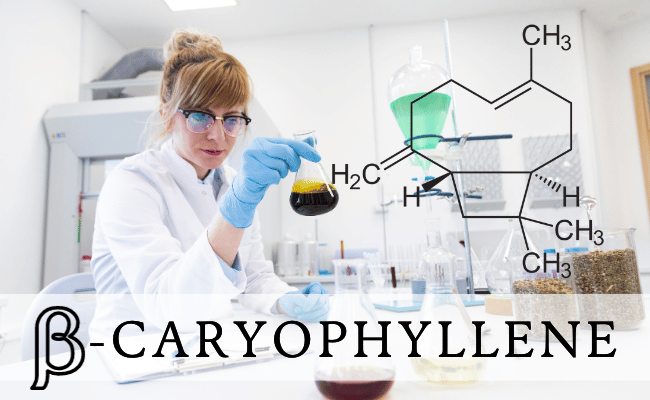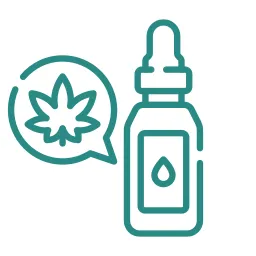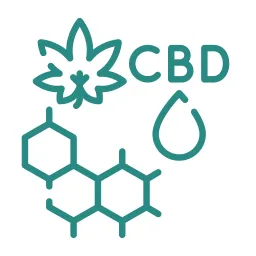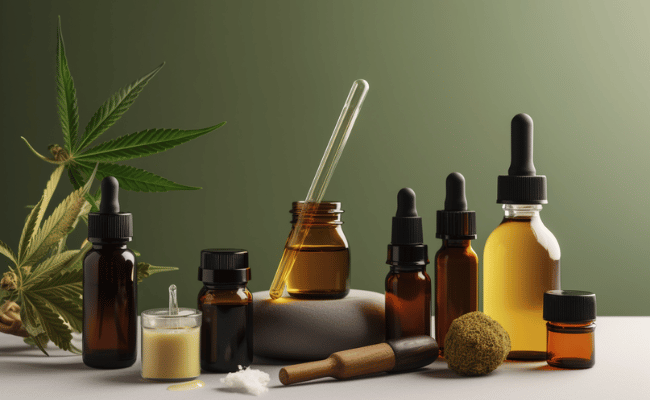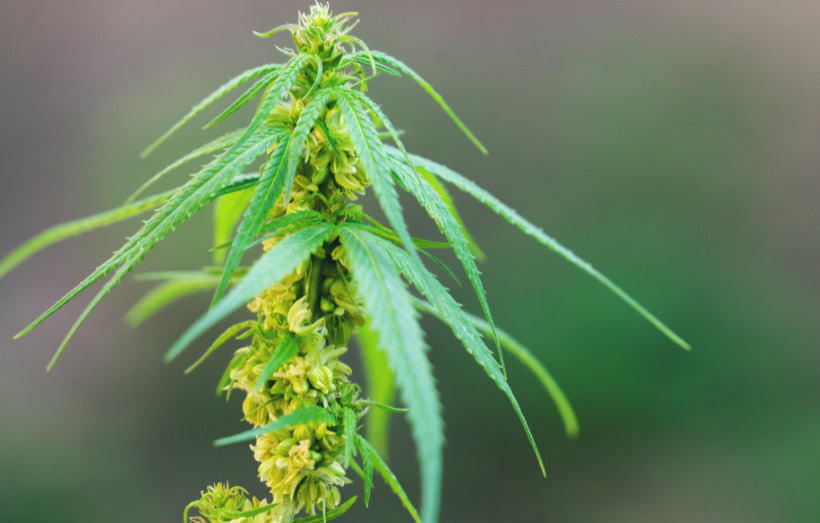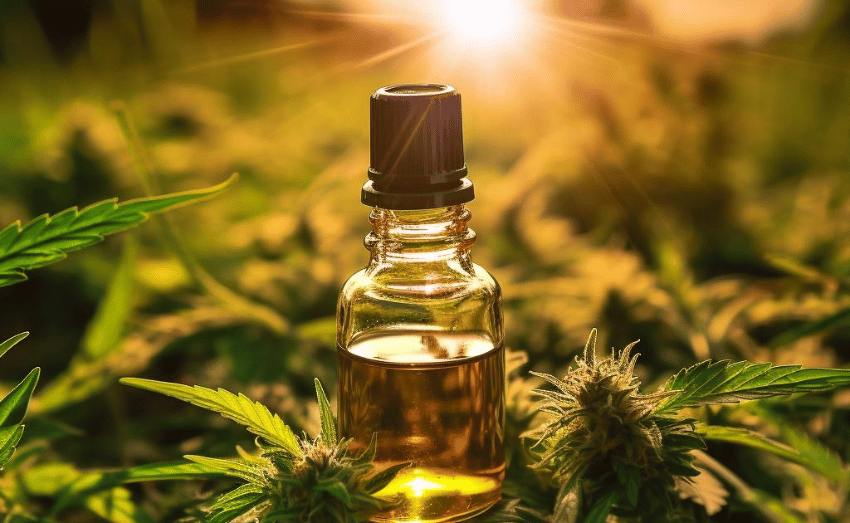In an era where health and wellness trends are ever-evolving, two products that have consistently made headlines are hemp oil and CBD oil. As their popularity grows, so too does the misinformation surrounding them.
This raises the critical question: are hemp oil and CBD oil the same? The short answer is a resounding no, but the relationship between the two is intricate and warrants a deeper examination. Allow us to guide you through the scientific subtleties that set these two oils apart.
A Common Ancestor: The Cannabis Sativa Plant
Both hemp oil and CBD oil owe their existence to the Cannabis sativa plant. However, that is where the similarity ends. Their distinctions lie in the parts of the plant used, their extraction methods, and their respective applications.
The inquiry of whether hemp oil is identical to CBD oil has been a subject of much confusion, but a close examination yields a definitive answer: they are not the same. Despite both oils being derived from the Cannabis sativa plant, they are distinguishable in several key aspects.
According to a report from the World Health Organization, hemp oil, frequently derived from hemp seeds, boasts a rich profile of nutrients and is a favorite in culinary and cosmetic applications, without containing any psychoactive THC.
Conversely, CBD oil, as highlighted in studies from the Journal of Experimental Medicine, is primarily tapped for its potential therapeutic attributes, notably pain management and anxiety alleviation.
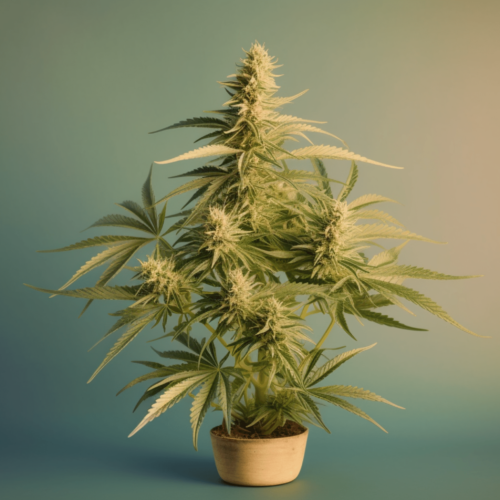
Hemp Oil: A Nutritional Powerhouse
Hemp oil, often referred to as hemp seed oil, is extracted from the seeds of the industrial hemp plant, a subspecies of Cannabis sativa. Unlike other cannabis products, hemp oil does not contain THC (tetrahydrocannabinol), the compound responsible for psychoactive effects.
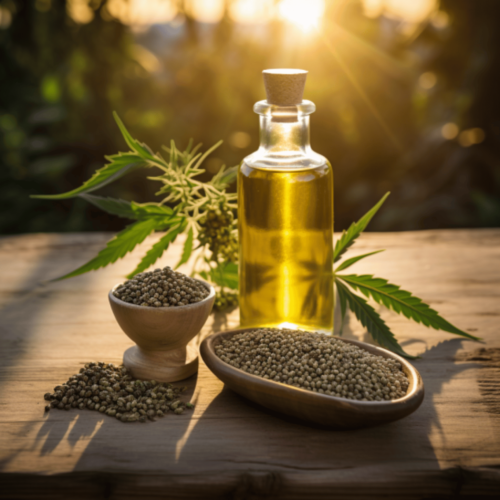
What’s Inside Hemp Oil?
At its core, hemp oil is a rich cocktail of beneficial components:
- Nutrient-rich Composition: A standout feature of hemp oil is its impressive nutritional content. According to research from the Journal of Agricultural and Food Chemistry, this oil is a treasure trove of essential fatty acids – omega-3 and omega-6. Imagine these as the “good fats” your body needs but can’t produce on its own. They play a vital role in brain health, immune system support, and maintaining healthy skin and hair.
- Antioxidants Galore: Beyond the fatty acids, hemp oil contains antioxidants. These are molecules that help your body fight off harmful agents known as free radicals, which can cause cellular damage if left unchecked.
- A Clear Mind: One of the crucial distinctions between hemp oil and some other cannabis products is the absence of THC in hemp oil. THC is the psychoactive compound responsible for the euphoric “high” associated with marijuana. So, using hemp oil ensures you reap the benefits without the high.
Hemp oil is a nutrient-rich blend packed with essential fatty acids like omega-3 and omega-6, powerful antioxidants, and devoid of the psychoactive THC, ensuring health benefits without the high.
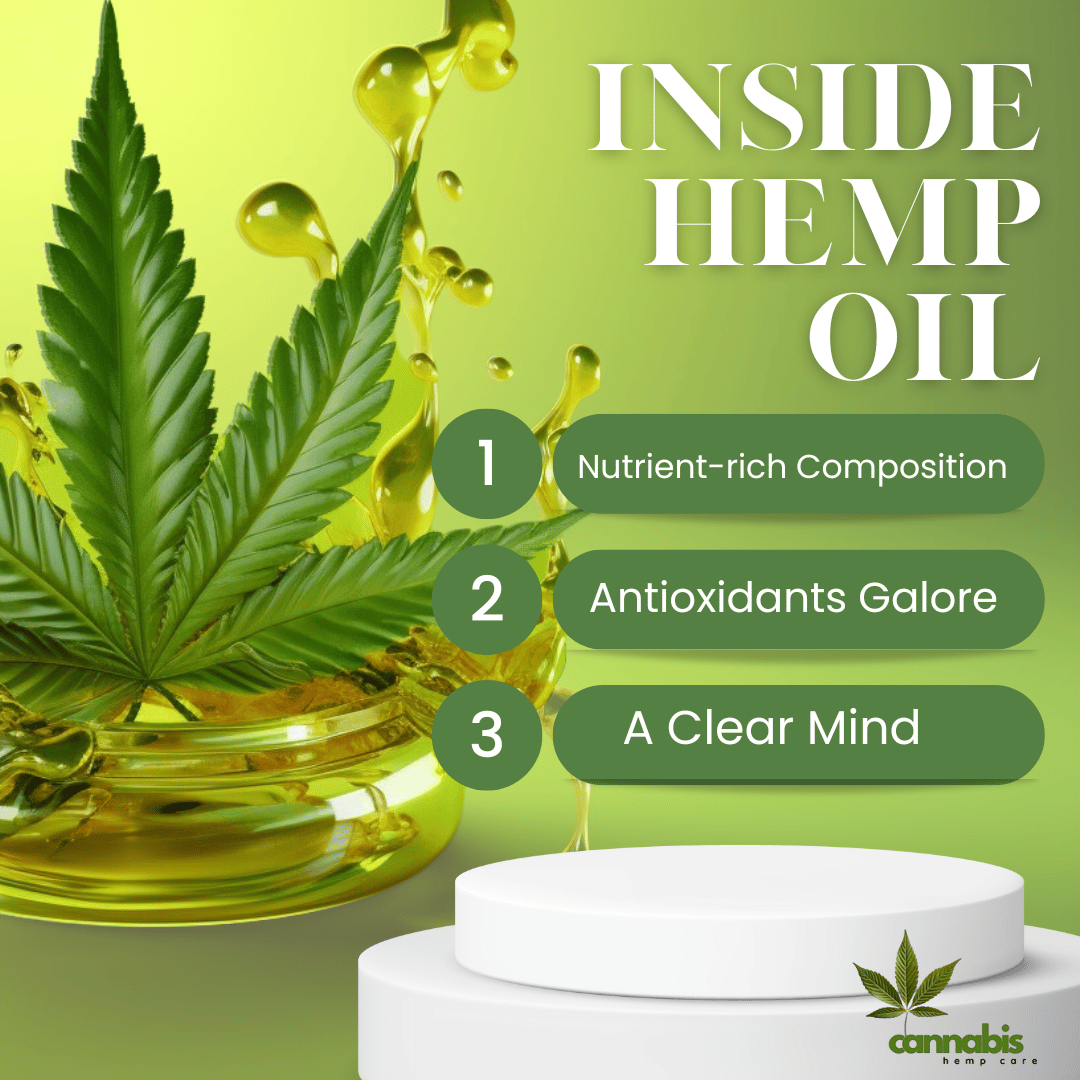
Why Do People Use Hemp Oil?
- Culinary Uses: Thanks to its nutty and earthy flavor, many people drizzle hemp oil over salads or incorporate it into dips and sauces. However, it’s essential to note that it’s not suitable for high-temperature cooking, like frying, because this can break down its nutritional benefits.
- Skincare Benefits: Ever noticed how some creams and lotions have hemp listed in their ingredients? That’s because hemp oil is deeply moisturizing. Its fatty acid content helps to nourish the skin, making it a favorite ingredient for cosmetic companies.
- Beyond Food and Skincare: While its nutritional and skincare attributes might steal the limelight, hemp oil also finds its way into paints and certain environmentally-friendly lubricants, showcasing its versatility.
Hemp oil isn’t just a trend; it’s a versatile product with roots in ancient civilizations. Whether you’re a foodie looking to expand your culinary horizon or someone keen on natural skincare solutions, hemp oil offers numerous benefits grounded in science.

CBD Oil: A Potential Therapeutic Agent
CBD oil, on the other hand, is primarily extracted from the flowers, stalks, and leaves of cannabis plant variants rich in the compound CBD (cannabidiol).
Types of CBD Oil:
- Full-spectrum CBD Oil: This type contains all the compounds found in the cannabis plant, including trace amounts of THC (usually less than 0.3%). This means it might offer a more comprehensive “entourage effect,” where the various components work together. However, the presence of THC, even in small amounts, may make this type unsuitable for some individuals.
- Broad-spectrum CBD Oil: This form includes many of the other compounds found in the cannabis plant but without THC. This allows for some of the entourage effects without the inclusion of the psychoactive component.
- CBD Isolate: This is the purest form of CBD, containing no other compounds from the cannabis plant. It’s a choice for those who want to ensure absolutely no THC content or other accompanying substances.
Potential Benefits:
- Pain Management: CBD oil’s potential in reducing pain and inflammation has been documented in several studies, including human trials. For instance, a review in the Journal of Experimental Medicine supports these findings, indicating potential benefits for chronic pain sufferers.
- Mental Wellness: Research shows promise in CBD’s ability to reduce anxiety and stress. A study published in the Journal of Psychopharmacology found that CBD may alleviate symptoms of social anxiety disorder, contributing to its growing popularity in mental wellness circles.
- Medical Potential: Beyond pain and mental wellness, CBD is being researched for various medical applications. The FDA-approved medication Epidiolex, which contains CBD, is used to treat specific epilepsy disorders, reflecting CBD’s potential in medical treatment.
CBD oil represents an exciting frontier in wellness and medicine, with multiple potential applications. However, understanding its various forms, potential benefits, and the importance of quality assurance is essential.
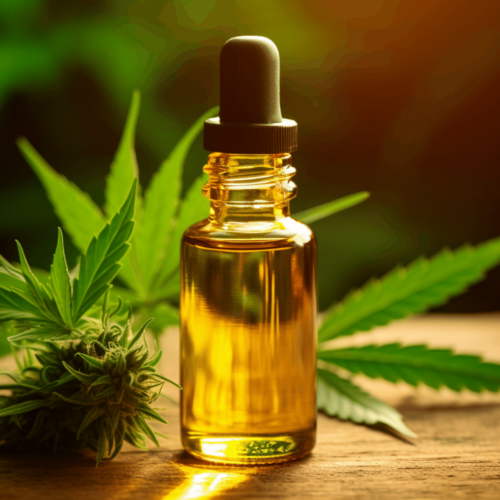
Conclusion
Hemp oil and CBD oil both originate from the Cannabis sativa plant, they are fundamentally different in composition, extraction methods, and applications. Hemp oil is renowned for its nutritional profile and versatility, whereas CBD oil is explored for potential therapeutic benefits.
The understanding of these distinctions is vital for consumers, guiding informed decisions that align with individual needs and preferences. Knowledge, in this context, not only empowers choice but also fosters responsible utilization of these distinct products.
FAQs
Is hemp stronger than CBD?
This question requires clarification, as “stronger” might relate to different aspects. Hemp oil primarily contains nutrients, fatty acids, and antioxidants and has no psychoactive effects. CBD oil, however, is known for its potential therapeutic effects. Neither is inherently “stronger” than the other; they serve different purposes and contain different compounds.
Does hemp oil relax muscles?
While hemp oil is rich in omega fatty acids and has moisturizing properties, there’s no substantial scientific evidence to support the claim that it directly relaxes muscles. Some users may report a soothing effect on the skin, but this is different from muscle relaxation as observed with some other therapeutic agents.
What are the side effects of CBD oil?
According to the World Health Organization (WHO) and various clinical studies, CBD oil is generally well-tolerated, but some individuals may experience side effects. These might include diarrhea, changes in appetite, fatigue, and interactions with certain medications. Always consult with a healthcare provider to understand how CBD oil may affect you personally.
What should you not mix with CBD oil?
CBD may interact with certain medications, such as blood thinners or drugs that affect liver enzymes. Combining CBD with alcohol may also increase drowsiness or sedation. It’s vital to consult with a healthcare provider or pharmacist who understands your individual situation before mixing CBD oil with other substances or medications.
How much CBD should a beginner start with?
Determining an appropriate starting dose of CBD depends on various factors such as body weight, the desired effect, the concentration of the CBD product, and individual body chemistry. There is no one-size-fits-all dosage. Beginners might consider starting with a low dose (e.g., 5-10mg per day) and gradually increasing as needed under the guidance of a healthcare provider knowledgeable in CBD use.

